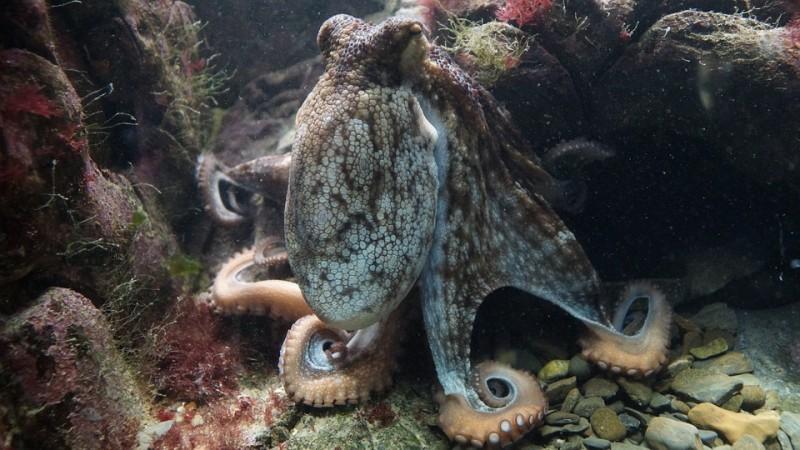
Octopus as a species looks weird, with its unique tentacles and characteristics which are not seen in other animal species. There have been several movies made on the creature or its replica in the horror-action genre like the films 'Octopus', 'Tentacles' and 'Deep Rising' .
Brushing aside all this perception, some researchers have come up a scientific paper claiming that the octopus, indeed, came from outer space.
The paper, published in the journal Progress in Biophysic and Molecular Biology, is not some trivial one, rather includes a whopping 33 researchers. Two of the scientists involved in the research are Edward Steele and Chandra Wickramasinghe and they have a perfect explanation about why the creature is an alien.
While Wickramasinghe is known to confirm Fred Hoyle hypothesis on the production of complex carbon molecules on interstellar dust, Steele is popular for his evolution theory called meta-Lamarckism.
The Hoyle Wickramasinghe (H-W) thesis of Cometary (Cosmic) Biology says, as reported by Science Alert: "Comets are the carriers and distributors of life in the cosmos and life on Earth arose and developed as a result of cometary inputs." Wickramasinghe further claimed that they include viruses that insert themselves into organisms and changes the course of evolution.
"Thus retroviruses and other viruses hypothesised to be liberated in cometary debris trails both can potentially add new DNA sequences to terrestrial genomes and drive further mutagenic change within somatic and germline genomes," wrote the authors.
However, talking about octopus, the authors claimed that this time it was not even space dust, but whole genomes frozen in icy bolides came from space and then thawed in lukewarm water of our oceans.
But as science unfolds, cephalopods, which include squid, octopus or nautilus, look as if they have rarely evolved because they can modify the proteins found in their bodies without changing the basic sequence of their DNA blueprint.
In other animals, this unique change occurs at the beginning of their molecular production process when mutations occur in their DNA, which in turn get transcribed into RNA and then the protein is altered.

















